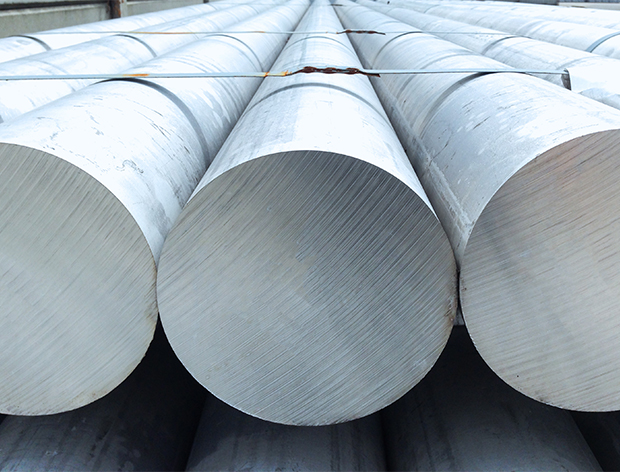Deutsche Bank and global commodities trader Mercuria have settled a US$21mn dispute stemming from the Qingdao metals scandal exposed in 2014, court documents show.
Mercuria filed a claim against the German lender in London’s High Court in November 2019, seeking damages, interest and costs over a 2014 deal in which Mercuria paid the bank for parcels of aluminium it thought was stored in a warehouse in Qingdao. In reality, the goods did not exist or had already been sold to another buyer.
The case had been scheduled to go to trial next month, but a document filed last week by the judge in the case says the two parties reached a confidential settlement on November 11, just over a week ahead of a scheduled pre-trial review hearing.
Neither Mercuria nor Deutsche Bank provided additional details of the settlement when approached by GTR. Mercuria says it does not comment on legal matters while a spokesperson for Deutsche Bank did not respond.
The filing shows both sides agreed to foot their own legal costs.
Mercuria’s initial statement of claim shows that in February 2014 it agreed to purchase 10,200 metric tons of aluminium – stored at a Qingdao warehouse – from Qingdao Decheng Resources Co. Ltd for around US$1,784 per metric ton.
At Decheng’s request, Deutsche Bank then stepped in to issue two conditional release undertakings which permitted Mercuria to receive the aluminium in six separate parcels after it paid the bank, according to the claim.
The parcels were warehoused on the bank’s order by local company CWT Commodities, which provided six warehouse receipts to the bank. CWT in turn relied on receipts from Qingdao Harbour Dagang Co., the warehouse operator, the claim says.
But unknown at the time to Deutsche or Mercuria, those receipts had been issued to CWT fraudulently, part of a giant fraud that took place at Qingdao port between at least 2012 and 2014 and that spooked the wider commodities finance market.
Part of the aluminium purchased by Mercuria had previously been held at the warehouse but had been exported to another customer before the deal with Decheng and Deutsche, according to the claim, while the remainder never existed.
Mercuria therefore argued that the bank had been “unjustly enriched” at its expense and was seeking full repayment for the metals.
The Swiss-based trading giant also separately paid Decheng just over US$1.7mn as part of the transaction, according to the claim.
Decheng’s founder and chairman, and several other employees, were reportedly later jailed for up to ten years each for their role in the long-running fraud, which was based largely on the fabrication of warehouse receipts and other documents to win financing for non-existent or already-financed cargoes.
The scandal ensnared major traders and financial institutions including Glencore, Trafigura, Citi, HSBC, Standard Chartered and Standard Bank. Chinese and international banks’ exposure to the fraud was estimated to be just over US$4bn.
Mercuria settled a convoluted US$270mn legal row with Citi in 2016 over a repurchase agreement that also came unstuck due to Decheng’s use of phony receipts. The terms of that settlement were also kept secret.
The cases were among a flurry of litigation in Asia and Europe that ensued after Decheng’s scheme unravelled in mid-2014.







